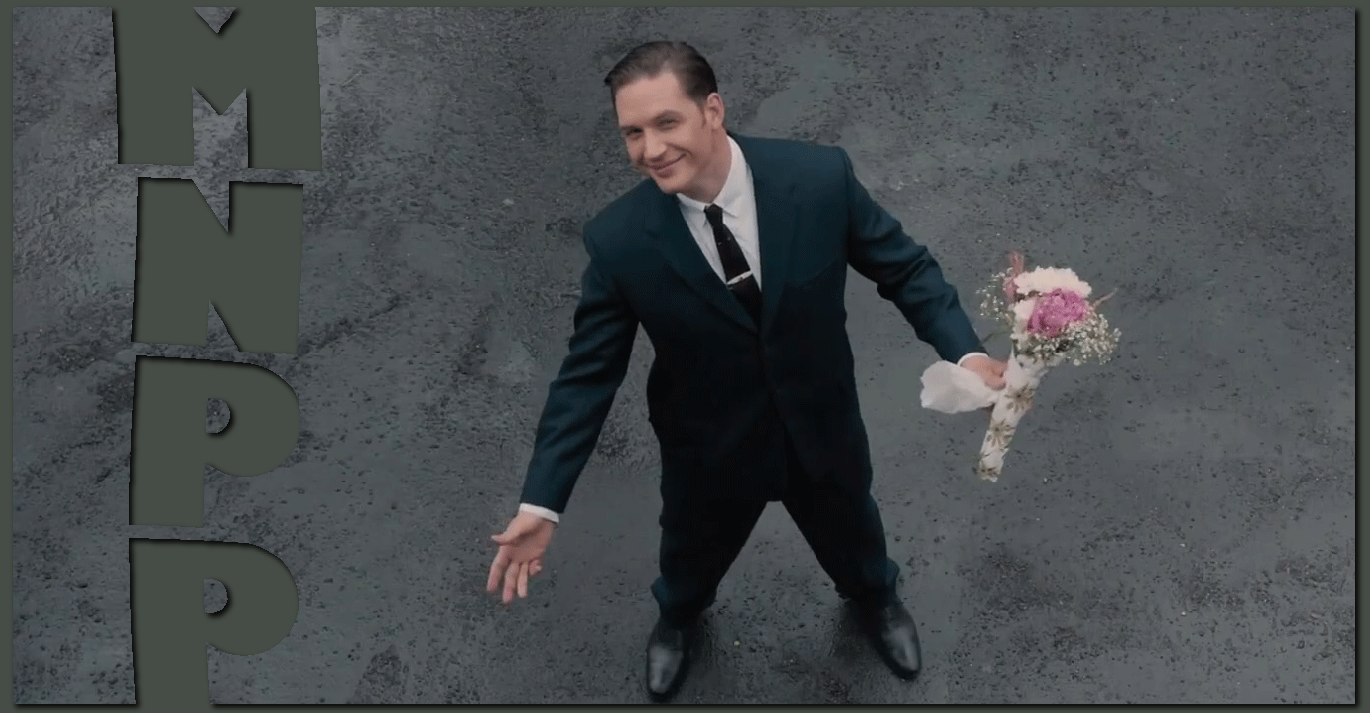
Louise: It's for sure a white man's world in America. Look here: I raised that boy since he was the size of a piss-ant. And I'll say right now, he never learned to read and write. No, sir. Had no brains at all. Was stuffed with rice pudding between the ears. Shortchanged by the Lord, and dumb as a jackass. Look at him now! Yes, sir, all you've gotta be is white in America, to get whatever you want. Gobbledy-gook!
-----------
Let's all keep our collective fingers and toes crossed that a big chunk of Louise's argument finally crumbles come this November 4th, shall we? It's long overdue, that's for damn sure.
The prescience on display in Being There really does creep me out every time I watch it. I mean, Dubya (or Sarah Palin, shudder) makes Chauncey Gardiner look like a genius in comparison. Scary. It's the perfect movie for the political season though, and it only gets wiser - and funnier - with repeat viewings.
 .
.



































9 comments:
Being There is my favorite book/movie combination of all time. Ashby did a great job expanding the book expanding what needed to be expanded and leaving out what didn't. The only issue I have with the film is the final shot, just a little too heavy-handed and obvious for me.
Obvious? How so, exactly? Granted, I haven't read the book. But that last shot, I felt like Ashby was able to render tangible a pretty tricky abstraction.
The book ends with a discussion by other characters about who should be nominated for the next vice president. Chance's name is thrown in but the character does not appear in the chapter.
The film ends with Chance walking across the lake on the water, a Christ parallel that was a touch too obvious to make. This idea could easily be gleaned from the book and the movie, but I prefer the book's ending, where the parallel is not so literally made; plus, the possibility is still there that Chance really was just simple and no one could spot it.
I always took that final shot to mean that Chance is so simple that he doesn't even realize that he can't walk on the surface of water. I thought that's what his dipping his umbrella down was meant to suggest: oh look, the water goes down, but I don't, huh, and then he continues. He's like Wile E. Coyote who never falls until he realizes he's run off the side of the cliff, only without being as bright as Wile to realize he should fall once he looks down.
So instead of starting with the Christ imagery of that shot I always worked my way to it from that, and that Chance's simplicity as evidenced by not knowing he should fall then cast itself onto the Christ symbol - that is to say that Ashby was implying that we all could be Christ-like if we were utter morons.
To reduce it to Christ imagery, and nothing more, is wrong. The symbolism and the meaning of the symbolism is much more nebulous than that. To be perfectly honest, I don't recall any other Christ parallels at all in the film, other than this instance.
Reality, society, people receive Chance, but he doesn't register, just as the water doesn't register when it receives him. It's a succinct visual metaphor to sum up the existing and not existing simultaneously of Chance's presence (The title is ironic, you know). It's that and so much more, not merely a Christ parallel, if it is that at all.
Naturally there are other readings of the ending. I would never be so crass as to insist that my view was the only one. I believe the final line is "Life is a state of mind.", which would certainly bolster your positions. The way the film presented Chance to me as opposed to the book, lead me to my conclusion (plus I was raised Catholic, I'm still trying to overcome that).
The book Chance is a tad closer to your idea. He is more confused by what is happening around him and uses his gardening and tv knowledge in response and is almost surprised when it illicits a positive response. I can see that Chance walking across water and just not realizing he should fall in.
The film Chance is presented in a more serene light. He does not seem to be confused or fazed by what is happening around him. He offers his ideas and seems nonplussed by whatever reaction he gets. I don't think he's presented as a Christ substitute, but more like what JA said, as a Christ-like figure. Chance is so simple and good that he is almost Christ-like, whereas the book Chance is never quite directly equated to that level.
Sorry fdot. Didn't mean to come off like that. When you said, "This idea could easily be gleaned from the book and the movie..." I reflexively got a little offended as if you were saying, "Well...duh...it's not hard to see." When rereading, your post, that is obviously not what you intended. That is the reason for the pushiness and borderline hostility in my post.
I was also raised Catholic, attended Catholic grade school, a Jesuit high school and still, to this day, identify myself as "Roman Catholic agnostic" in that I have hard-wired respect for the philosophical good points in Catholic doctrine (Aquinas, Augustine, etc.) while completely disregarding the existence of a conscious God.
I believe the ending of the film is obvious in that it is clearly a symbol of something. But, what the symbol means is another story. A pertinent anecdote: my father and I were bitterly arguing about the end of Apocalypse Now. He thought the juxtaposition of the sacrificial calf being slaughtered with the hatcheting of Kurtz was heavy-handed. Then I asked him what it meant, Kurtz being a sacrifice, and he didn't have an answer.
So in that sense the symbol is heavy-handed without being obvious. That is to say, the presentation is transparent, but the thing being presented is opaque.
Harry....pushiness and hostility? Nonsense. What is better than a good discussion over a movie? People should have ideas about worthwhile films ('cause, let's face it, Eagle Eye isn't going to be worth discussing) and enjoy a back and forth with someone else and their ideas. Beneath it all, it's obvious the two of us love Being There.
I'm not an agnostic myself, since I need to blame somebody for my lack of a social ife, but I do know someone who is an atheist dyslexic insomniac....he lays awake at night questioning the existence of dog.
No emoticon is sufficient.
Post a Comment